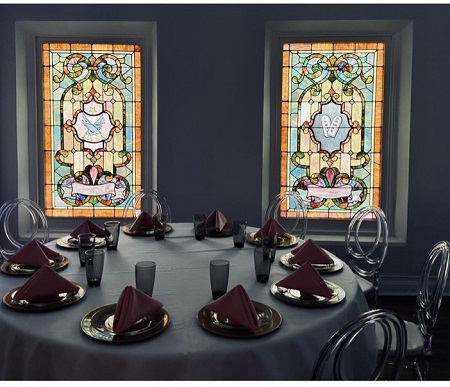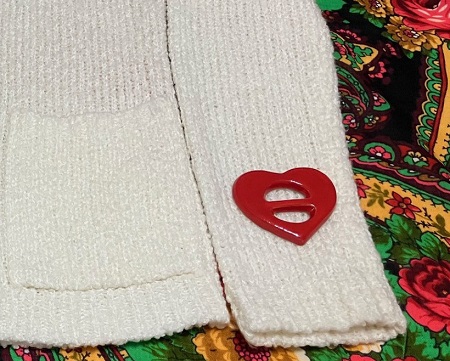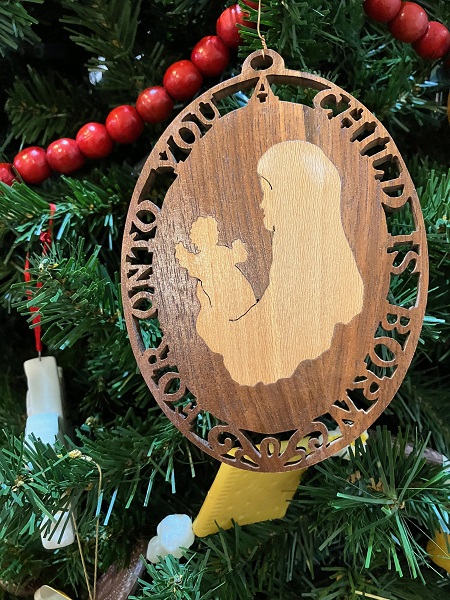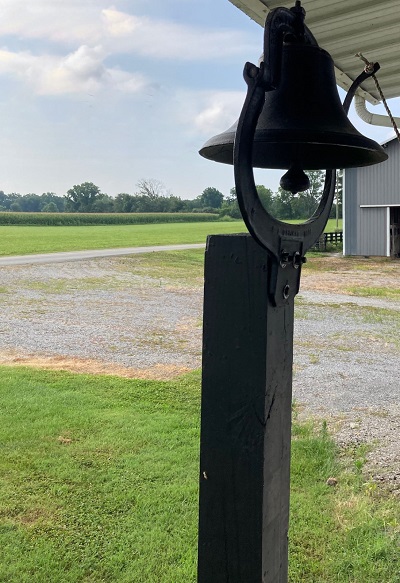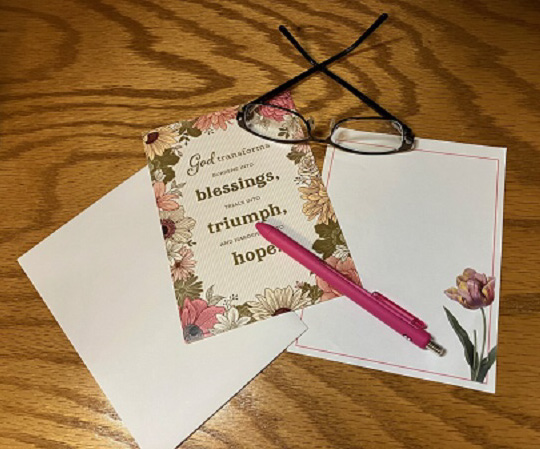High Water Pants Poor
 All my life, I heard people talk about high water pants. They meant pants that were too short. Sometimes they bought them without trying them on for a proper fit. In most cases, they had either outgrown them or washed them until they shrank
All my life, I heard people talk about high water pants. They meant pants that were too short. Sometimes they bought them without trying them on for a proper fit. In most cases, they had either outgrown them or washed them until they shrank
When children outgrew their pants and families could not afford more, they were high water pants poor.
They had to make do until they could do better.
High water pant legs stop above the ankle.
I never considered that a fashion statement. However, many people desire high water pants. In fact, I have worn them without realizing they fit the definition. Various names include:
- Capris
- Cropped pants
- Flood pants
- Ankle pants
- Kick flares
- Clam diggers
- Pedal Pushers
Like ripped jeans, what was once a sign of poverty became a fashion trend.
The high water pants poor are often richer than they think.
Like the dirt poor, they enjoy wealth beyond measure if they have:
- Safe housing
- Food for every day
- Access to medical care
- More than one change of clothes, fashionable or not
- Family and friends who love them
Money cannot buy the greatest riches.
Peace, love, hope, and joy do not depend on stylish clothes or financial gain. Those signs of success never last. Rather, true riches come from following Jesus and finding new life and purpose in Him.
“For you know the grace of our Lord Jesus Christ, that though he was rich, yet for your sake he became poor, so that you through his poverty might become rich” (2 Corinthians 8:9 NIV).
Thanks to Ona Buckner Sidebottom for the suggestion and to Karen Atwood for the photo.
Do you have an expression you want explained or a thought about this one? If so, please comment below.
Subscribe to receive my weekly posts by email and receive a free copy of “Words of Hope for Days that Hurt.”
If you enjoyed this post, please share it with your friends.
